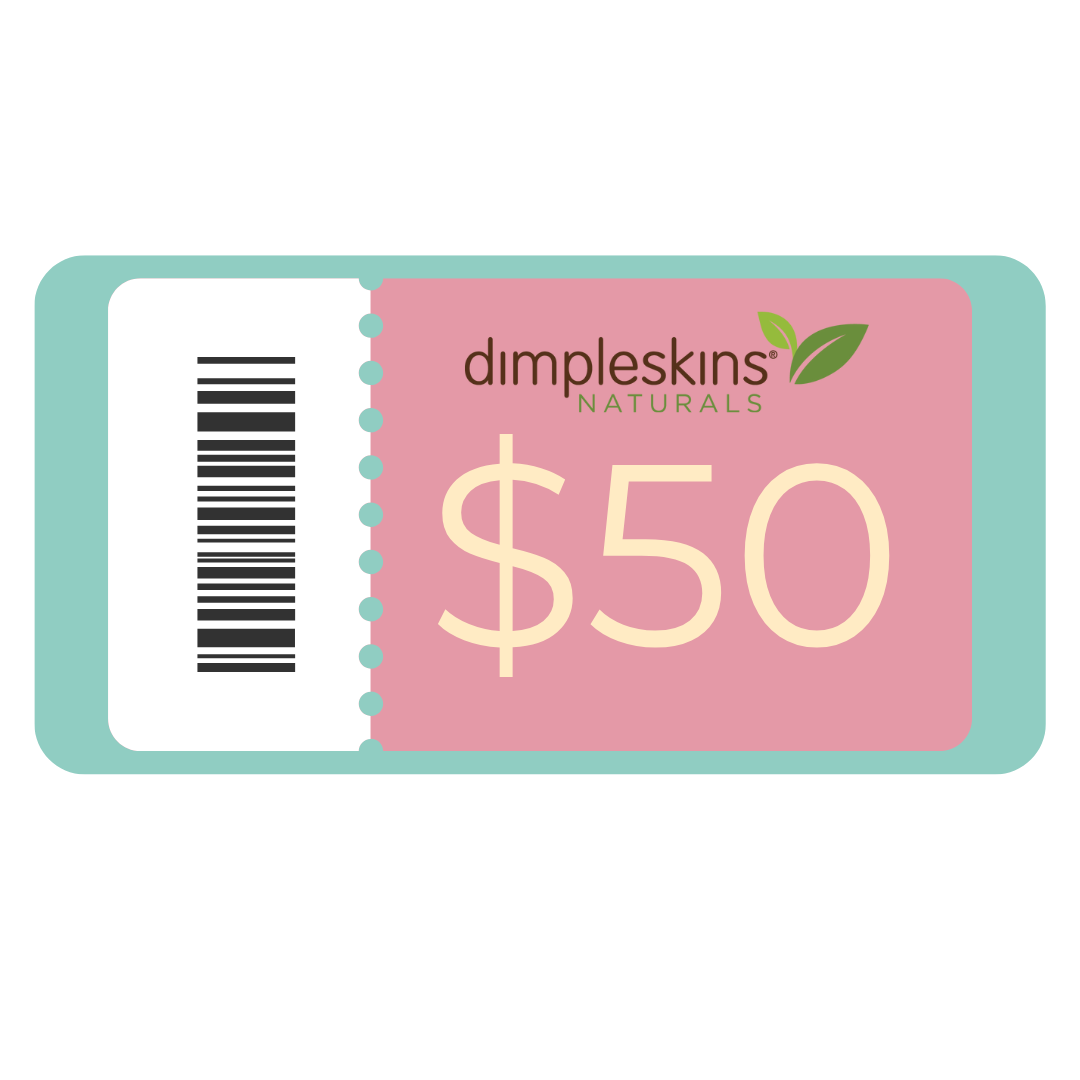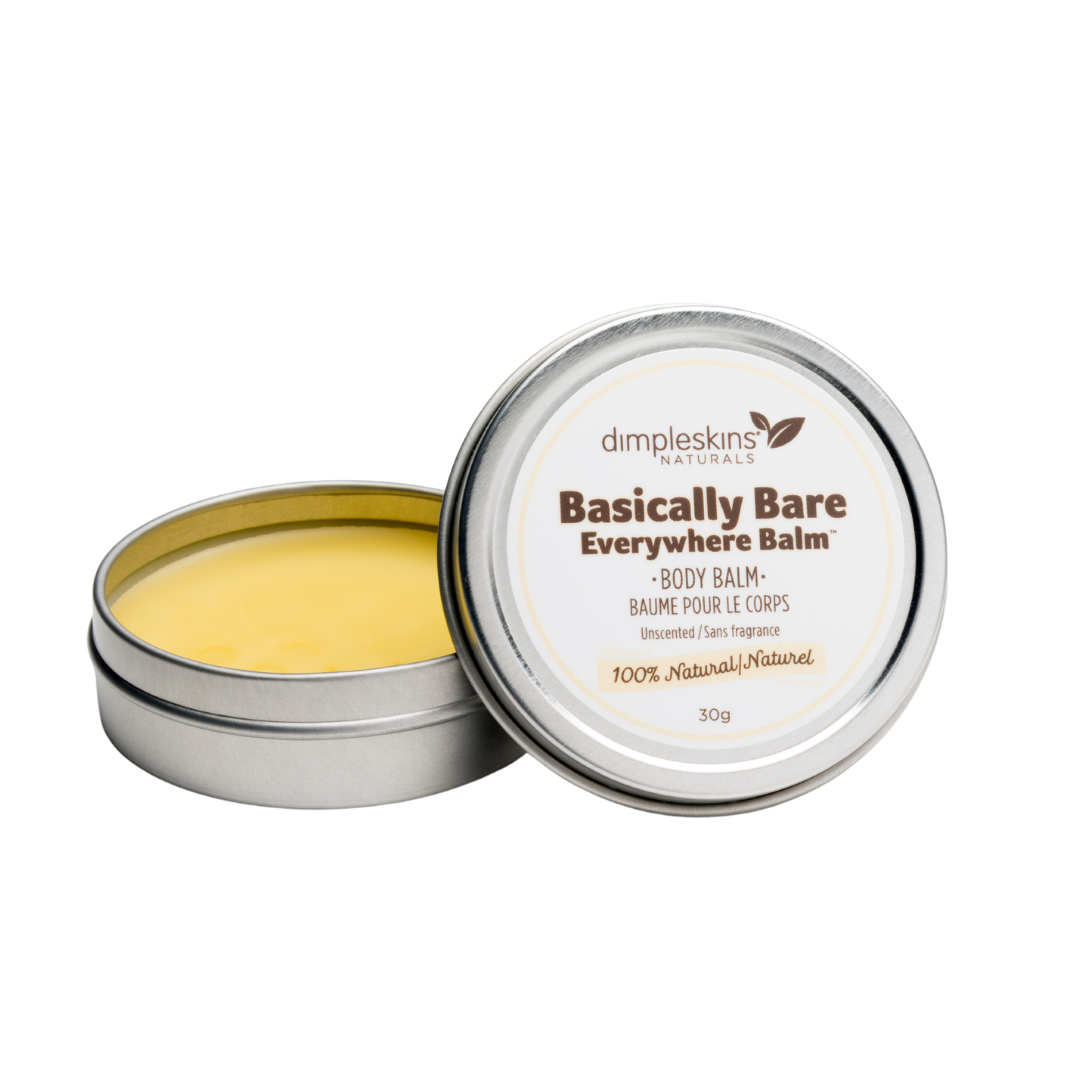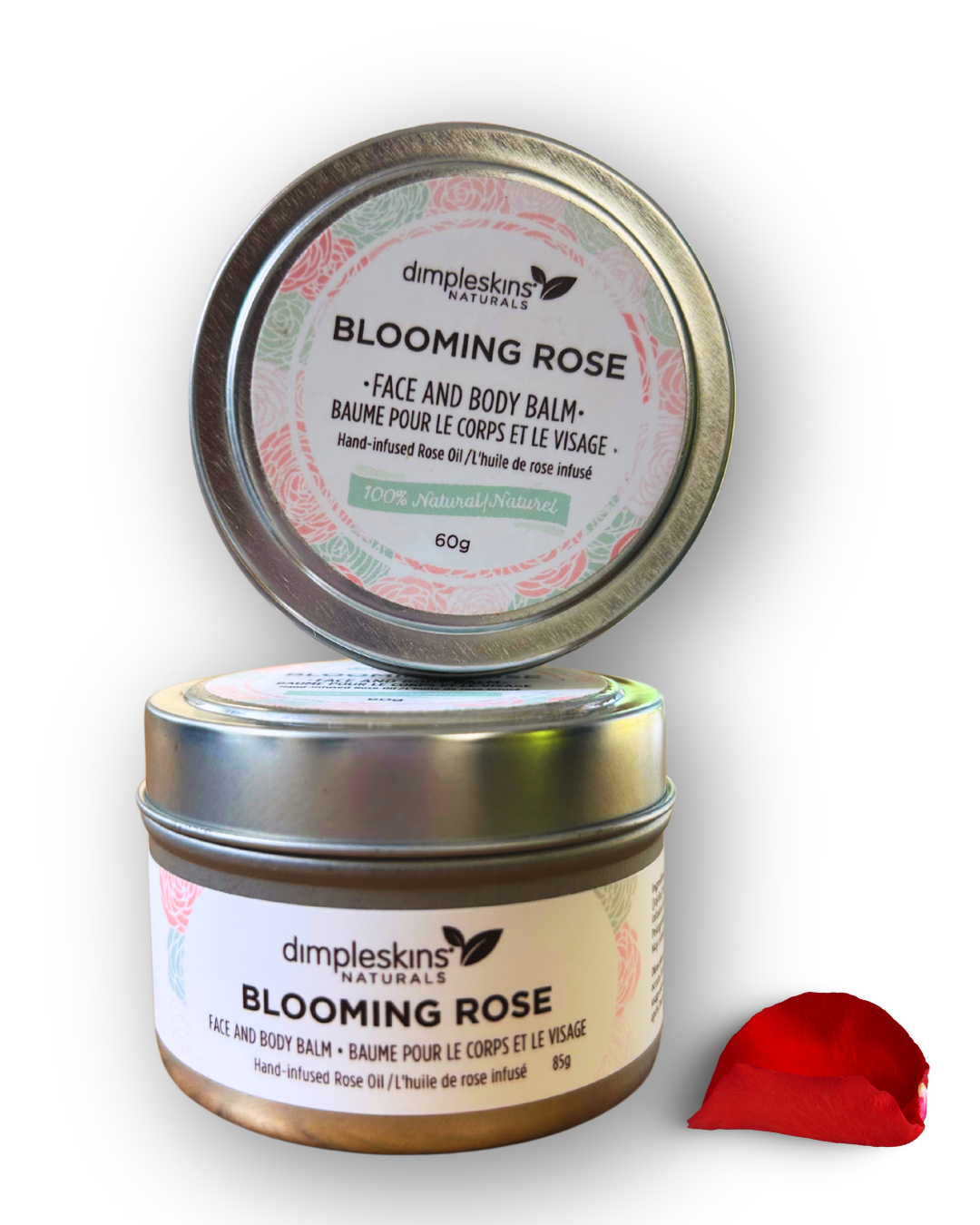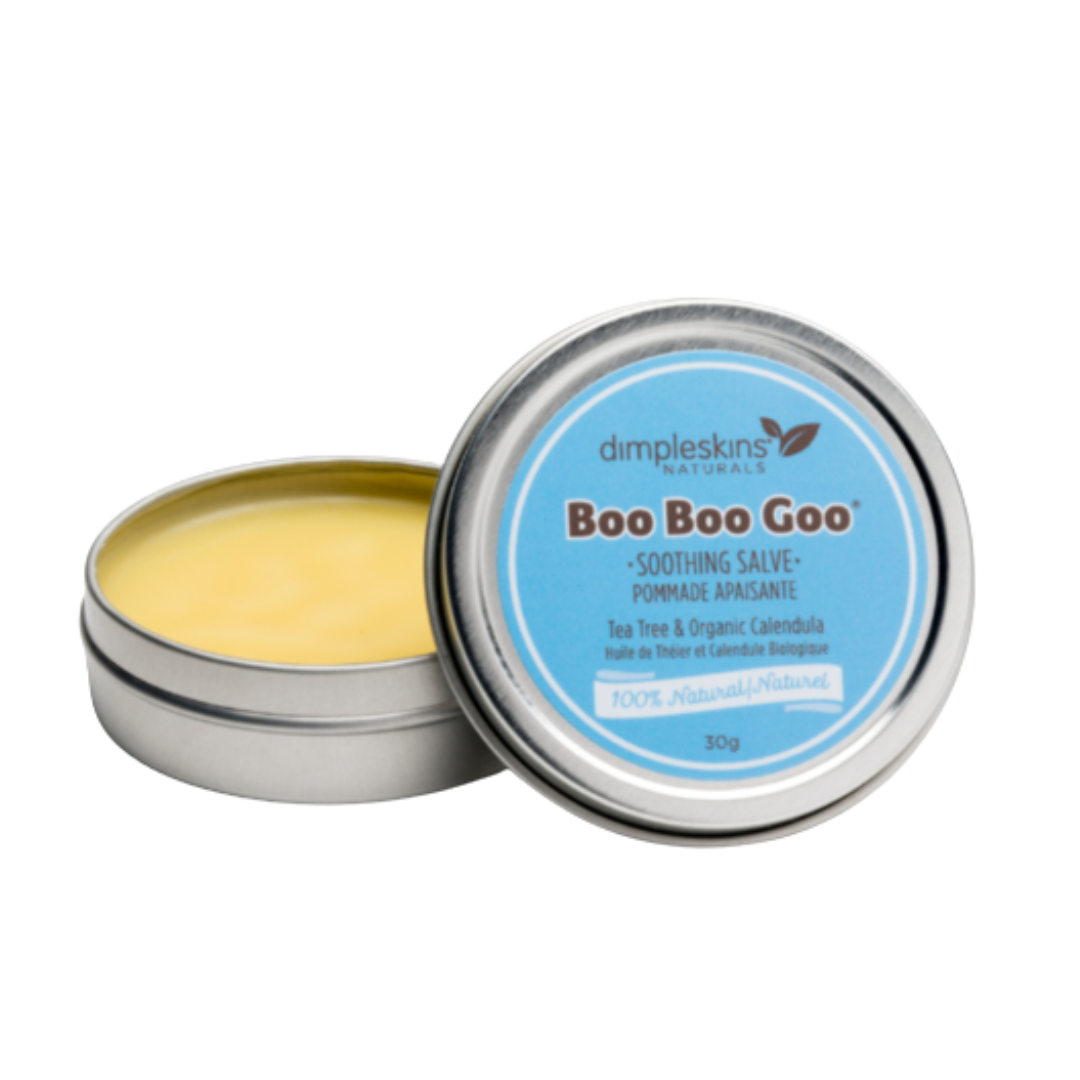Pregnancy is a time of rapid change—not just for your body, but for your lifestyle, too. The products you use daily, from your skillet to your shampoo, can play a role in your baby’s environment. Research shows that many conventional household and personal care products contain endocrine-disrupting chemicals (EDCs), synthetic fragrances, and volatile organic compounds (VOCs) that may affect hormone balance, fertility, and even fetal development.
The good news? Making simple natural swaps can lower your exposure to these hidden toxins. Here are 10 swaps you should consider when you’re expecting:
1. Cookware: Swap Nonstick Pans for Cast Iron or Stainless Steel
Conventional nonstick pans are often coated with per- and polyfluoroalkyl substances (PFAS)—nicknamed “forever chemicals” because they don’t break down in the body or the environment. Studies link PFAS to thyroid disruption and lower birth weights.
Better option: Cast iron (adds a little dietary iron, too!), stainless steel, or ceramic-coated cookware. These are our top non-toxic cookware picks from Amazon.
2. Beauty Products: Switch to Clean Skincare and Makeup
Many beauty products contain phthalates, parabens, and synthetic fragrances—all of which can disrupt hormone function. A 2020 review in Environmental Research linked prenatal phthalate exposure to altered child neurodevelopment.
Better option: Look for pregnancy-safe skincare and cosmetics labeled “fragrance-free” and free from parabens, phthalates, aluminum, dyes, and formaldehyde-releasing preservatives.
3. Laundry Detergent: Replace Scented with Unscented or Plant-Based
The “fresh” scent in many detergents comes from undisclosed fragrance chemicals. Some of these contain phthalates and VOCs that can irritate lungs and affect indoor air quality. Babies are especially sensitive to these residues on clothing and bedding. That mysterious rash that they might wake up with? It could be the fragrance in the laundry detergent or dryer sheets.
Better option: Unscented, plant-based detergents, or add a few drops of essential oil (like lavender) to wool dryer balls for a gentle scent.
4. Cleaning Products: Trade Harsh Chemicals for Green Cleaners
Common cleaners may contain ammonia, chlorine, or formaldehyde donors, which can release toxic fumes. Research has shown prenatal exposure to strong household cleaners may increase the risk of wheezing and asthma in children.
Better option: Natural cleaners made with vinegar, baking soda, or plant-based surfactants. DIY recipes work, too! Here are some easy natural cleaning recipes to get you started.
5. Plastic Food Storage: Swap for Glass or Stainless Steel
Plastics can leach bisphenols (BPA, BPS) and phthalates, especially when heated. These are well-studied endocrine disruptors linked to fertility challenges and developmental effects in children.
Better option: Store leftovers in glass containers or stainless-steel Bento boxes.
6. Water Bottles: Replace Plastic with Stainless Steel or Glass
The same concerns apply to single-use or refillable plastic water bottles. Even “BPA-free” plastics often contain bisphenol alternatives that may have similar health effects.
Better option: Invest in a Yeti stainless steel or glass water bottle to carry with you during pregnancy and beyond.
7. Air Fresheners: Swap Plug-Ins for Essential Oil Diffusers
Synthetic air fresheners release VOCs like formaldehyde and benzene. A 2017 study in Building and Environment found these emissions contribute to indoor air pollution and may affect respiratory health.
Better option: Use an essential oil diffuser with safe oils (like lavender or citrus), frequently open windows to naturally freshen the air, or try our simple Simmer Pot recipe using lemons and spices.
8. Mattress and Bedding: Choose Natural Fibers
Conventional mattresses and bedding can be treated with flame retardants and stain-resistant chemicals, which can off-gas into the air you breathe nightly. Some flame retardants are associated with neurodevelopmental concerns.
Better option: Organic cotton, wool, or natural latex mattresses and bedding.
9. Canned Foods: Swap for Fresh or Frozen
Many cans are still lined with BPA-based resins that can leach into food. BPA exposure during pregnancy has been linked to altered birth outcomes and later-life metabolic changes.
Better option: Choose fresh, frozen, or jarred (glass) options whenever possible.
10. Body Lotion: Trade Conventional for Natural Balms and Oils
Skin is your largest organ—and it absorbs much of what you put on it. Many body lotions contain parabens, PEGs, and artificial fragrance. During pregnancy, when your skin is stretching and extra sensitive, it’s worth choosing better.
Better option: Natural balms made with simple ingredients like skin-soothing herbs, coconut oil, and beeswax. Try the Blooming Rose balm for your growing baby bump (especially when it starts to get really itchy!), and the unscented Basically Bare Everywhere Balm if you are sensitive to any essential oils or are nursing. Read more here about the benefits of rose oil for both mom and baby.
Final Thoughts
You don’t need to overhaul your entire life overnight. Instead, start by making one swap at a time, focusing on the products you use daily and those that directly touch your skin, food, and air. Over time, these small changes can significantly reduce your family’s toxic load—making your pregnancy and home healthier.
PS-- For healthy family recipes to go with your natural lifestyle, visit Mama Bare Wellness.






0 comments